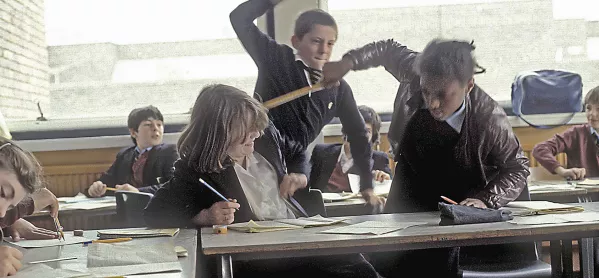Behaviour is a problem in schools. When I talk to fellow teachers about things we find difficult, how to handle challenging situations is almost always at the top of the list.
Over the years, I’ve dealt with a lot of difficult situations. After each the same feelings of self-doubt, self-blame and guilt crept in. This is common - I don’t think I have ever talked to a teacher who did not feel this way.
But we need to be kinder to ourselves. Here’s a process I go through that ensures that I properly assess my own role in situations in a fair way.
1. Be honest with yourself
It’s easy to over-analyse incidents, so you essentially need to answer only one question: could you have done anything differently?
This does not mean an incident is potentially your fault, rather the idea here is to build on a stressful incident in a productive way.
Take each possible option and judge them against each other. Could you have sought help earlier? Were there any signs of escalation? Form a plan for next time if you think anything can be tweaked.
You will find much to commend in your reaction, even if you find some things to change. It is amazing how much confidence this can give you.
2. Was the behaviour policy fit for purpose?
A reflective school is always looking at the “flux” in behaviour - look closely enough and you will observe patterns over time of the behaviour of your students. What is affecting it? Does the school policy reflect what is needed?
Sometimes SLT need to hear from colleagues about what is working, what is not. If you don’t tell them, they won’t know.
3. Don’t let it become personal
Children can say unkind things. Remember that the young person whom you are dealing with is likely to be going through some challenges if they had chosen to behave that way. You are very unlikely to be the problem.
So wipe the slate clean, and concentrate on what behaviour you would like to see from ALL pupils. It’s not about you versus them. It is hard to do this, but you will quickly find that the best intentions become the best of actions.
Lucy Moss is a key stage 2 leader in an inner-city primary school





